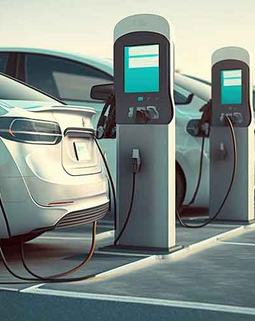Volkswagen hit a record of 6.23 million cars sold in 2017. This was a record achievement by the company. There was an increase in demand for VW brand in America and important Chinese markets. The decrease in the Western Europe markets did not affect the sales. The German-based company got fines and penalties amounting to billions of euros. The charges were emission and test cheating scandals in 2015. However, that has not cost the company a lot. This is because of the customer’s trust in them.
In 2017 the company recorded an increase in delivery by 4.2% to 6.23 million Volkswagen (VW) brand cars. The report came out at the Detroit auto show on 14th January 2018. Moreover, Teramont and Atlas models influenced the increased the sales. The company expects to keep growing in 2018. The good economic forecast also makes the company expect better returns in 2018. Their mass-market accounts for almost 60% of the company’s brand sales.
Volkswagen Company managed to outplay its main competitor Toyota for the second consecutive year. Audi, Porche and VW’s premium division surpassed their 2017 record by the second week of January 2017.
Toyota announced that it had expected to sell 10.35 million cars globally in 2017. This could have been a 2% increase from 2016. The brands included Hino, Daihatsu, Toyota, and Lexus. The company is hoping to sell 10.5 million in 2018. However, VW has not yet released the whole 2017 delivery data.
China accounts for the Volkswagen’s largest market. Almost half of their brands are delivered in China. Therefore, their sales went up in China by 5.9% which is 3.18 million cars. The United States recorded a growth of 5.2% to 339,700 vehicles. An outcry against diesel technology by customers led reduced deliveries in Europe. The number went down by 2.5% to 1.43 million cars. This was the highest drop. According to industry forecaster IHS Markit, the VW Company will continue to outsmart its rivals. Deliveries of light commercial vehicles and passenger cars might increase. The increase will be 14.6% to 7.75 million come 2025.





